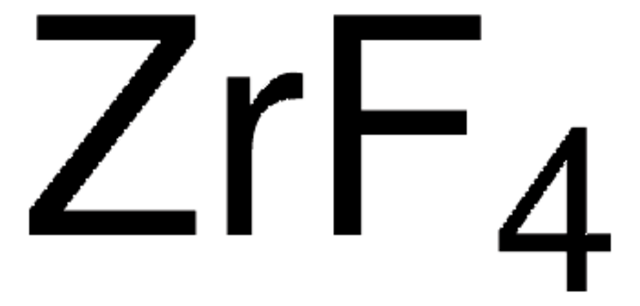GF16014844
Nickel
rod, 500mm, diameter 2.0mm, annealed, 99%
Synonyme(s) :
Nickel, NI007925
About This Item
Produits recommandés
Pureté
99%
Forme
rod
Fabricant/nom de marque
Goodfellow 160-148-44
Résistivité
6.97 μΩ-cm, 20°C
L × diam.
500 mm × 2.0 mm
Point d'ébullition
2732 °C (lit.)
Pf
1453 °C (lit.)
Densité
8.9 g/mL at 25 °C (lit.)
Chaîne SMILES
[Ni]
InChI
1S/Ni
Clé InChI
PXHVJJICTQNCMI-UHFFFAOYSA-N
Catégories apparentées
Description générale
Informations légales
Mention d'avertissement
Danger
Mentions de danger
Conseils de prudence
Classification des risques
Carc. 2 - Skin Sens. 1 - STOT RE 1
Code de la classe de stockage
6.1D - Non-combustible acute toxic Cat.3 / toxic hazardous materials or hazardous materials causing chronic effects
Classe de danger pour l'eau (WGK)
WGK 1
Point d'éclair (°F)
Not applicable
Point d'éclair (°C)
Not applicable
Certificats d'analyse (COA)
Recherchez un Certificats d'analyse (COA) en saisissant le numéro de lot du produit. Les numéros de lot figurent sur l'étiquette du produit après les mots "Lot" ou "Batch".
Déjà en possession de ce produit ?
Retrouvez la documentation relative aux produits que vous avez récemment achetés dans la Bibliothèque de documents.
Notre équipe de scientifiques dispose d'une expérience dans tous les secteurs de la recherche, notamment en sciences de la vie, science des matériaux, synthèse chimique, chromatographie, analyse et dans de nombreux autres domaines..
Contacter notre Service technique





